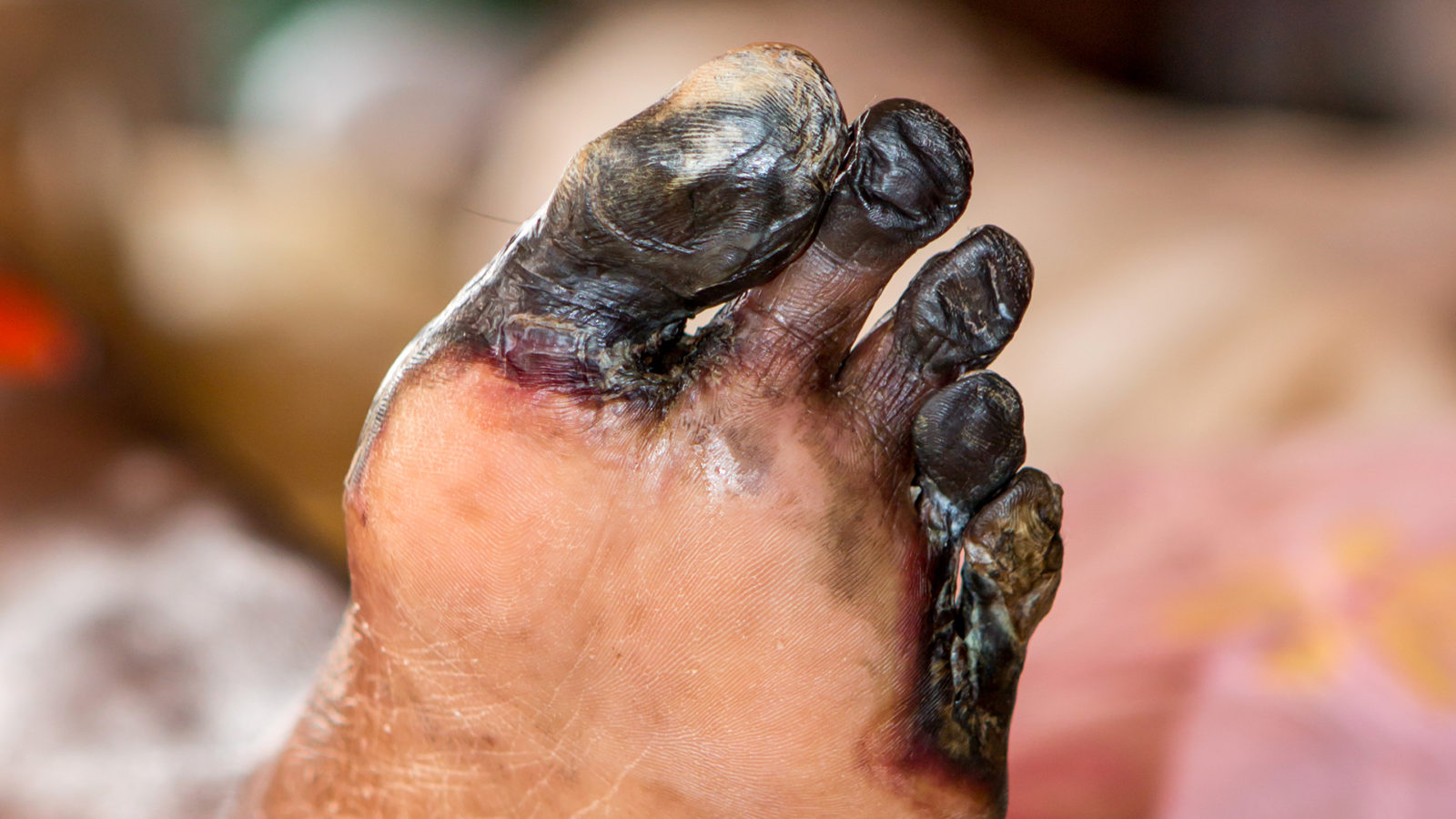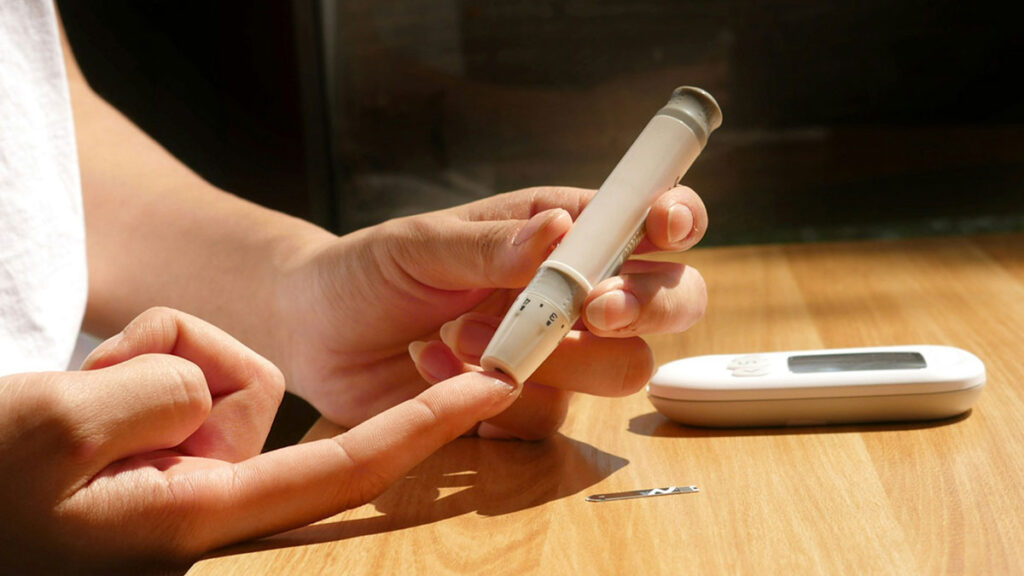Non-communicable diseases such as diabetes and coronary artery disease (a cause of heart attacks and angina) are having a devastating impact upon our Pacific Island nations. It’s estimated that 1 in 4 adult Pacific Islanders are diabetic. Complications from diabetes are resulting in an estimated 30,000 amputations in the South Pacific every year. That’s one amputation every 20 minutes.
With the current pandemic of type 2 diabetes sweeping across the Pacific there is the unfortunate reality that what is “normal” is being redefined. It is now normal to eat packaged and processed foods containing more energy than we need. It is now normal to buy all our food from the shop. It is now normal to do all our travelling in a vehicle. It is now normal to sit for the majority of our day behind a desk. It is now normal to use screens (computers, phones, TVs) for our entertainment. It is now normal to be overweight and to suffer high blood pressure, high cholesterol, type 2 diabetes and ischaemic heart disease. This is the new normal.
But stop and think for a moment. It wasn’t always this way. In our great-grandparents’ day it was normal to eat foods as grown in nature. It was normal to get most of our food from the garden. It was normal to walk if you wanted to go somewhere. It was normal to have physically active jobs. It was normal to find entertainment in being physically active. It was normal to live lives largely free of non-communicable diseases. This was the old normal.
While enjoying good health in a culture that is so different to what our great-grandparents experienced is increasingly challenging, there are certain things we can do personally to help reduce our chances of developing non-communicable diseases. Check out our three tips.
In reflecting on how Christians should relate to what society views as normal, the apostle Paul had some wise advice to share: “Do not conform yourselves to the standards of this world, but let God transform you inwardly by a complete change of your mind. Then you will be able to know the will of God—what is good and is pleasing to him and is perfect” (Romans 12:2 GNB).

Tips to fight lifestyle diseases
Moving more. Increasing our physical activity by sitting less and moving more goes a long way towards reducing our risk of non-communicable diseases. This could mean planting a garden or going for a family walk in the evening rather than sitting down in front of the TV.
Eat more plants. The research is fairly clear that eating more fruits, vegetables, wholegrains and legumes (beans) is associated with a reduced risk of obesity, type 2 diabetes, coronary artery disease and various cancers, while eating more meat and processed foods increases our risk of these diseases.
Resting up. With increasing use of technology, such as computers, televisions and smart phones, we are tending to go to bed later and are sleeping less. This is associated with an increased risk of obesity, which in turn increases our risk of type 2 diabetes, coronary artery disease and several cancers. Most of us need 7-8 hours of sleep per night.
Dr Paul Wood is health director for the Trans Pacific Union Mission. To learn how you can help prevent and stamp out diabetes in the South Pacific, visit www.10000toes.com.






